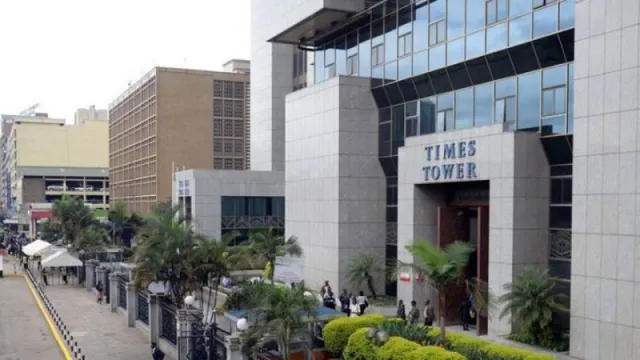Govt shifts tax strategy to net foreign betting firms

The Kenya Revenue Authority (KRA) has integrated its systems to 36 betting companies, allowing real-time monitoring of transactions in a bold move to curb tax evasion and enforce compliance.
MPs have backed an initiative by the government to shift the point of taxation for excise duty from the moment a bet is placed to when funds are transferred from mobile money wallets to betting accounts.
This change is designed to improve tax enforcement, particularly against foreign or virtual betting operators that were difficult to monitor under the previous system.
At the same time, lawmakers also approved to have the excise duties in the betting sector cut from the 15 percent on bets to just 5 percent.
“Now, we are changing that to making the excise duty payable when you transfer money from your mobile wallet to the betting company wallet. There are so many institutions that operate virtually and, therefore, we are not able to get this excise duty from them, but now it means, everytime you transfer money from your wallet to the wallet of betting company, that’s the time when excise duty is paid,” said the chairman of the Finance Committee, MP Kimani Kuria.
Therefore, the new framework will enable the government to capture excise duty before funds enter platforms that often operate beyond local regulatory reach, leveraging Kenya’s tightly regulated mobile money infrastructure.
The Kenya Revenue Authority (KRA) has integrated its systems to 36 betting companies, allowing real-time monitoring of transactions in a bold move to curb tax evasion and enforce compliance. This digital integration signals a major crackdown on an industry often criticised for its lack of transparency, marking a new era of tighter revenue oversight.
Meanwhile, the massive slash of the excise duties from 15 percent to 5 percent comes just months after raising it from 12.5 percent in December, following the enforcement of the Tax Laws (Amendment) Act, 2024.
However, other than the excise duty on stakes, betting companies are required by law to withhold winnings at a rate of 20 percent and to pay 15 percent of gross gaming turnover less the amount paid out to punters as winnings.
This move aligns closely with the broader intent of the 2025 Finance Bill — to increase government revenue by plugging loopholes rather than introducing new taxes. Even typically targeted industries like alcohol, tobacco, and betting have been spared this time.
For example, the excise duty collections surged 24 percent to KES 9.97 billion between July 2024 and March 2025, driven by increased betting activity. However, withholding tax on winnings dropped by15 percent to KES4.81 billion in the same period. The decline was linked to tighter odds and lower payouts. The contrasting figures suggest that while more money is being staked, punters are taking home less.
Additionally, Kenya remains the third most active betting market in Sub-Saharan Africa, falling behind South Africa and Uganda, according to Geopoll’s 2025 survey, even as the sector’s momentum shows no signs of slowing with total stakes rising 17.04 percent to KeS 75.18 billion in the nine months leading to March 2025.





